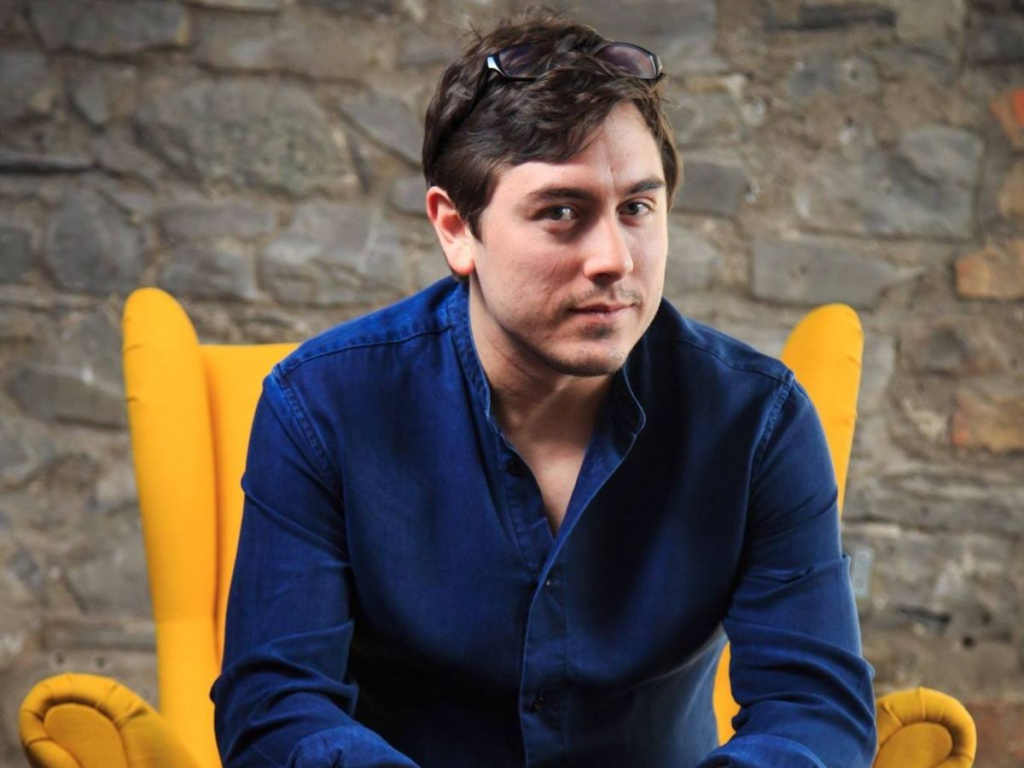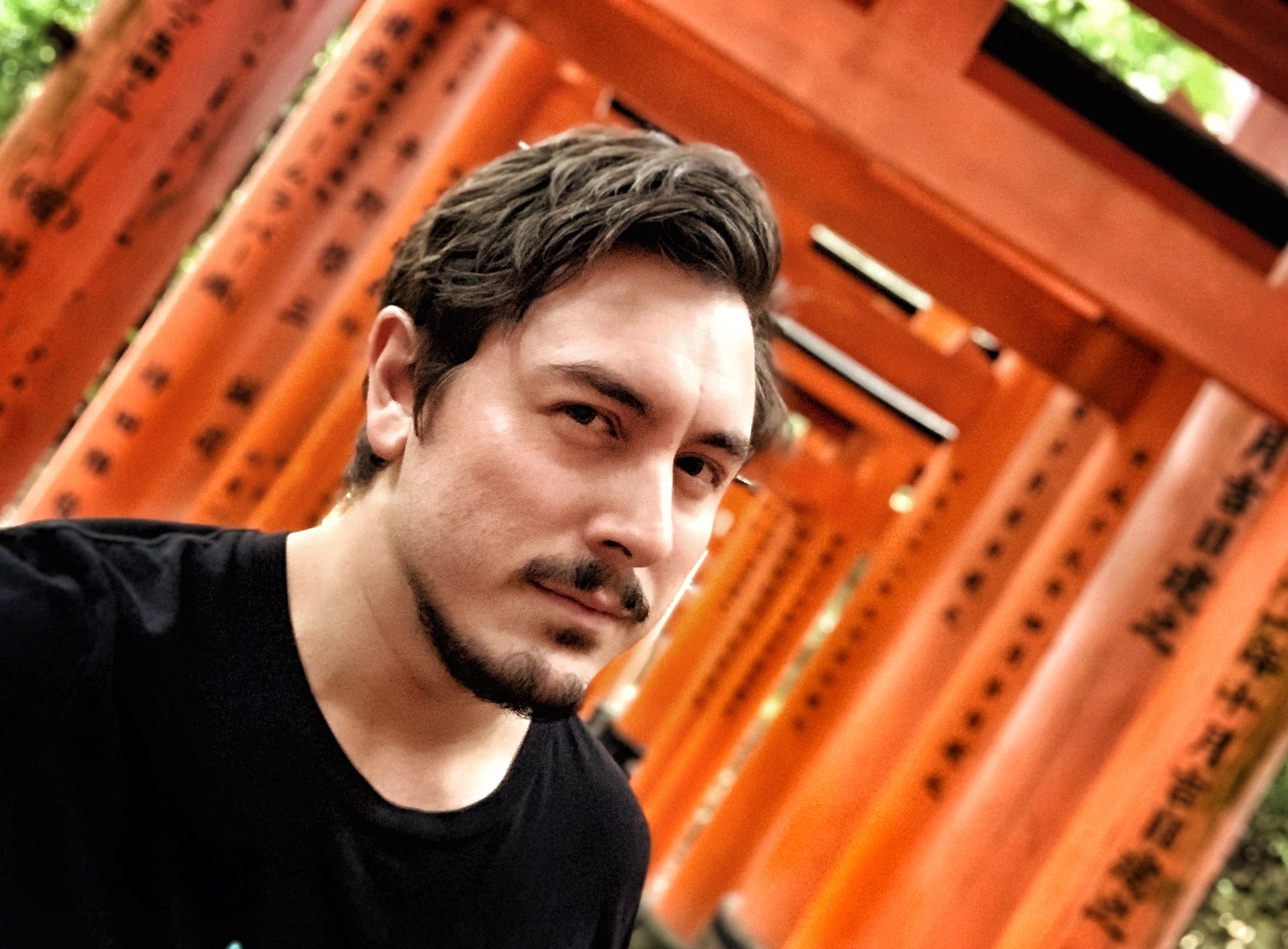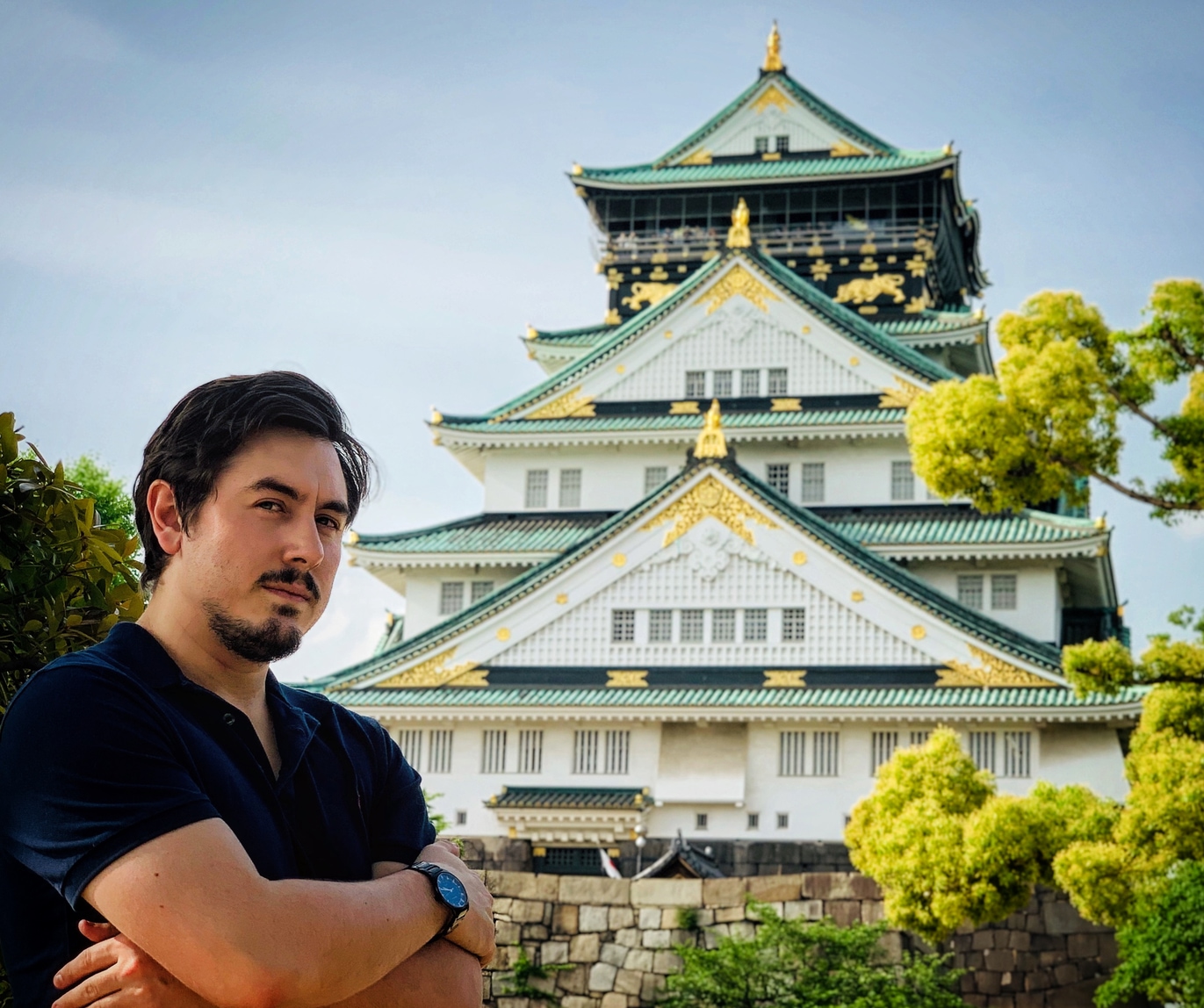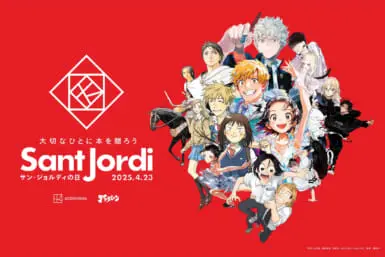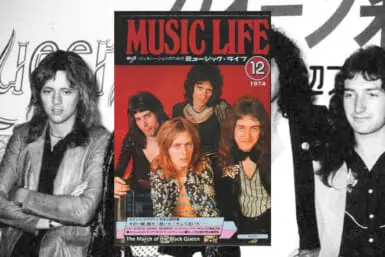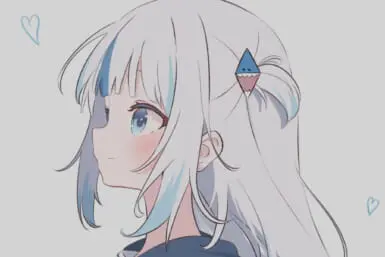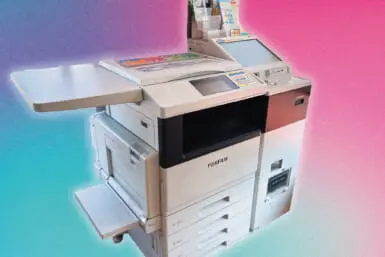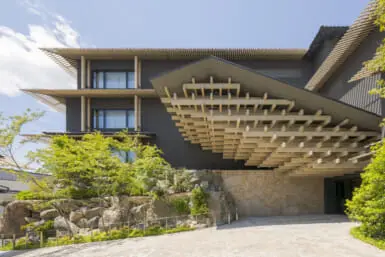If you haven’t been living under a YouTube-less rock for the last few years, the name Abroad in Japan is certain to ring a bell. As one of the most celebrated YouTubers that focuses on the land of the rising sun, Abroad in Japan is an infotainment channel that presents a side of this country that isn’t just Harajuku, Meiji Jingu and Tokyo Skytree. Hosted by Chris Broad and friends, the channel ventures out into the lesser-known parts of Japan while also touching on Japanese culture and food, all with a smattering of dry British humor. We caught up with Chris to hear about his early beginnings and what it takes to become successful on the stream screen.
1. What first brought you to Japan and how did you go on to create your YouTube channel?
I’ve always had aspirations of becoming a filmmaker but I had to throw that dream away because it was so difficult. Then I came to Japan in 2012 as an English teacher on the JET program. At that time there weren’t many YouTube channels about Japan. I remember searching up the area that I was going to work in, a place called Yamagata in northern Japan, and absolutely nothing showed up in English. Combining both these realizations, I decided that this could be my chance to try and resurrect my old filmmaking dream and to combine that with YouTube.
Today the Abroad in Japan channel is one of the largest channels on YouTube about Japan with over 2.3 million subscribers. What’s also helped is that there are a lot of people globally who have a strong interest in Japan, so the channel has been very lucky.
2. Do you think Japan is a country that is often misunderstood or misrepresented? How has the growth in popularity of YouTube content aided (or harmed) the global perception of Japan?
Yes, I do think Japan is often misrepresented. Most foreign television programs tend to show the same thing, whether that’s Shibuya crossing or some crazy, wacky side to the culture like a maid café. YouTube has been a really great thing for Japan because you can see the country in a more authentic way through the eyes of the people who actually live here.
We’ve come a long way from nine years ago when I first moved to northern Japan and there were no YouTubers. This meant that the global audience online didn’t see this side of the country at all. But today, you can see Japan through many perspectives and from any corner of it, in wonderful 4K definition.
3. What kind of content trends do you predict will become the next big thing?
Twitch as a platform has become pretty popular recently as has live streaming. I have thought about getting on Twitch. But you need a lot of energy and the ability to sustain a conversation for a long time. I’d like to do more YouTube live shows, perhaps once a week so I can connect with my viewers more regularly. Collaborations are also becoming a big thing. On Abroad in Japan, the last two Journey Across Japan seasons were in collaboration with The Anime Man. I’m also working on a regular series with CDawgVA, called Wacky Weekends.
TikTok is a huge trend, but I still don’t get why it’s popular. I guess it’s aimed at a younger audience. To be honest, I don’t really like keeping up with trends. I prefer to focus on what I’m good at and what I enjoy doing.
4. Of all the videos on your channel, which has been your favorite one to date?
I do like the one I did last year called Why I don’t watch Japanese TV. The topic gave me a lot of space to combine multiple stories and experiences, which is something I personally enjoy.
The latest series of Journey Across Japan: The Lost Islands, is also a favorite of mine. Together with Joey and Natsuki, we were able to do so much in such a short amount of time. From flying over an active volcano in a tiny plane to horse riding to exploring an abandoned island, we really packed in a lot of interesting activities that I think the viewers enjoyed watching. Producing it was hell, but I had a lot of fun and I’m proud of the quality of the videos we made.
5. Do you watch other YouTube channels? Any recommendations?
I think people should watch channels that are relevant to them or related to what they want to learn. In my case, I watch a lot of YouTube about film making like Studio Binder. I’m also a fan of science channels like Kurzgesagt – In a Nutshell, Epicurious, the food channel and The B1M, a channel about architecture. My interests vary but I prefer educational channels.
6. If YouTube ceased to exist tomorrow, what would you do?
It’s dangerous to put everything into just YouTube. One day you might wake up and there could be an error on the platform, you could be hacked or your channel could be down for weeks. That’s why Abroad in Japan isn’t just a YouTube channel, it’s a brand. So even if YouTube did cease to exist, we still have our other platforms like our social media handles, our Patreon and the podcast. So hopefully everything would still be in place to do something, but I’d figure out another place where we could upload the videos.
My end game has always been to produce a full-length feature film and I’d like to start by making some short films. It’s a big undertaking and I’d need to involve many people to create something at that scale but that is something that I’m working on also, separate from the usual YouTube videos.
7. Talking about your podcast, how did that get started and where do you see the future of audio-based content?
I first met Pete Donaldson, one of the founders of Stak (a UK-based podcast production company) back in 2017 who proposed we create a podcast together. We started talking once a week about experiences and stories in Japan. Now we also cover current affairs in Japan and answer questions from listeners as well as featuring their Japan-related anecdotes.
I don’t enjoy podcasts as much as I do producing videos as videos are more creatively exciting. With podcasts, you have the explain things more as it’s audio-only and there’s a different dynamic to when you record. But we’ve been able to grow our listener base to about 150,000 subscribers and that’s very encouraging.
8. How do you keep your public image separate from your private one? Are there mental health implications with being a public personality?
I’ve never been the type of vlogger that has let people into every aspect of my life. I see myself as your traditional TV host or presenter so there is a clear line drawn. The hardest part is probably being spotted if you’re having a bad day and walking around in a busy place like Tokyo. Pre-pandemic I could have up to 12 people a day spot me and sometimes a lot of stares in a café which can be uncomfortable.
Trying to keep up with YouTube can be hard on one’s mental health. If you miss a week in uploading, it can feel like the world is ending. YouTube analytics will show you a lot of red arrows, indicating that you’ve got less views this week, less subscribers and everything looks like it’s going downhill. It’s no surprise that YouTubers feel pressured to keep putting out more and more videos and as a result, get burnt out so easily.
9. What’s next for Abroad in Japan?
I’ve mentioned previously that I’d like to do more live shows and maybe make a short film. I’ve recently rented a separate studio space for the channel, so I don’t have to record in my home anymore. It’ll give me more space to film, experiment and perhaps be the venue for future live shows. Editing a video can take up to 3-4 days, so with the editor that I’ve just hired, I hope to dedicate all that extra time to more filming and to just make more content for Abroad in Japan.
10. What kind of advice would you give to aspiring content creators?
Pick a topic that you’re personally very excited about. I find that people who start YouTube just to make money, never get anywhere near that point where they can actually earn a living. All the YouTubers I know who are successful are where they are because they genuinely enjoy the process of traveling or filming. Without this passion, you won’t have the motivation to pull it off long-term as it’s a lot of hard work.
Don’t go ‘all-in’ into YouTube from the beginning. Start by making a video or two to see if you like it first. It took me three years to decide to do it full time and that’s coming from someone who loves filmmaking and editing.
YouTube in general is a very long game. It took me 4-5 years to start making a living from it. Most people only see you as you are today and assume that you are making lots of money. I barely made any in the beginning. When I quit my teaching job, I had to take out a bank loan. The loan was just so I could afford equipment, be able to produce content and support myself. In total it’s really taken me 6-7 years to get to where I am today. That’s living comfortably and having the freedom to do what I want.
I still think there are opportunities on YouTube so don’t be discouraged by talk that says the platform is saturated. I’ve seen plenty of people kick off their careers in the last couple of years and have seen channel growth. It might be a little bit harder these days as production quality expectations are much higher but don’t let that put you off if it’s something you truly want to do.

